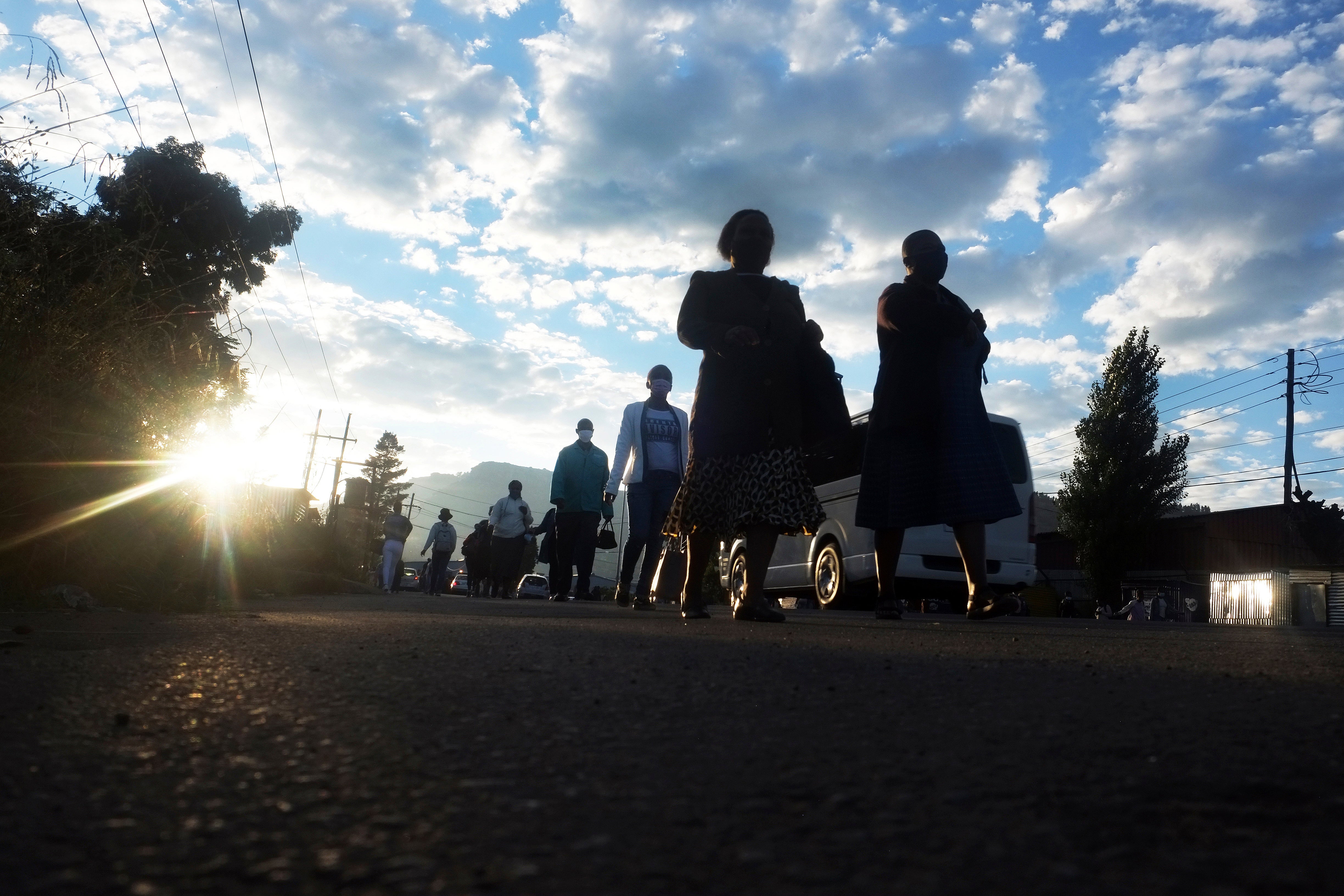Lesotho imposes nationwide curfew in attempt to curb violent crime
Authorities in the small southern African kingdom of Lesotho have imposed an indefinite nighttime curfew nationwide in an attempt to curb violent crime

Authorities in the small southern African kingdom of Lesotho have imposed an indefinite nighttime curfew nationwide in an attempt to curb violent crime, a move prompted by the killing of a prominent journalist.
The 10 p.m. to 4 a.m. curfew was imposed Tuesday, two days after radio journalist Ralikonelo Joki, a popular current affairs talk show host at a private station, was fatally shot. Police said Joki was shot seven times by unknown gunmen as he left his workplace. No arrests have been made.
The curfew was necessary “to prevent danger or harm to public safety," Police Commissioner Holomo Molibeli said. Police Minister Lebona Lephema said the curfew was needed after a spate of recent killings.
Lesotho, a country of about 2.1 million people that is completely surrounded by South Africa, has severe problems with violent crime. It has one of the highest homicide rates in the world, and the highest in Africa, according to U.N. statistics.
The curfew has been criticized by business representatives and Lesotho's national law society, which called it draconian. Only essential service providers like health workers, police and journalists are allowed to move around during the curfew hours. Most businesses must close.
Anyone found breaking the curfew can be jailed for two years or fined.
Some say the extreme response doesn't address the root causes of violent crime.
“We have been put in an extremely difficult situation as we are still trying to recover from the complete shutdowns imposed between 2020 and 2022 in response to the COVID-19 pandemic," said Thabang Sello, a nightclub owner in the capital, Maseru. “The government should do more to capacitate the security agencies to fight crime rather than impose such indiscriminate punitive nationwide bans on law-abiding citizens and businesses.”
Human rights lawyer Fusi Sehapi has written to the government urging it to revoke the “illegal” curfew.
___
More AP Africa news: https://apnews.com/hub/africa
Bookmark popover
Removed from bookmarks